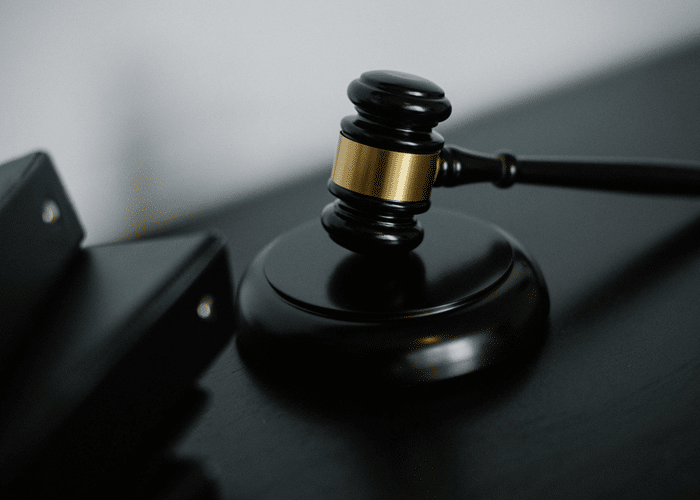The UK government unveiled a new proposal Tuesday that would allow artificial intelligence companies to train their algorithms on copyrighted material, while giving creators the ability to opt out of having their work used – a move that has sparked debate between technology firms and creative professionals.
The consultation, which runs through February 25, 2025, aims to modernize Britain’s copyright framework to support both AI development and creative industries. Under the proposed changes, AI companies like Google and OpenAI would be permitted to use copyrighted content for model training unless rights holders explicitly reserve their rights.
“It’s clear that our current AI and copyright framework does not support either our creative industries or our AI sectors to compete on the global stage,” said Peter Kyle, Secretary of State for Science, Innovation and Technology. “That is why we are setting out a balanced package of proposals to address uncertainty about how copyright law applies to AI so we can drive continued growth in the AI sector and creative industries.”
The government’s proposal has received contrasting responses from different sectors. Tech UK, representing technology companies, welcomed the consultation. However, creative industry stakeholders have expressed strong concerns about the approach.
“The government is consulting on giving away the creativity and livelihoods of the UK creative sector which is worth £126bn a year,” said Beeban Kidron, a crossbench peer advocating for creators’ rights.
Publishers have been particularly critical of the proposal. Dan Conway, chief executive of the Publishers Association, questioned the foundation of the changes, stating, “There has been no objective case made for a new copyright exception, nor has a water-tight rights-reservation process been outlined anywhere around the globe.”
The News Media Association raised similar concerns. Its chief executive, Owen Meredith, argued that “News publishers deserve control over when and how their content is used and, crucially, fair remuneration for its use.” He advocated for focusing on transparency requirements within the existing copyright framework rather than implementing an opt-out regime.
The consultation also addresses the growing concern of AI-generated replicas of individuals’ voices and likenesses. The government is seeking input on whether to implement a US-style “right of personality” to protect celebrities from unauthorized AI replications of their voice or appearance. This comes in the wake of incidents such as OpenAI’s pause of a voice assistant feature that users noted sounded similar to actress Scarlett Johansson’s voice.
Data Protection Minister Chris Bryant defended the proposal as a “win win” solution, emphasizing its potential to create new revenue streams for creators through licensing arrangements. “This is about giving greater control in a difficult and complex set of circumstances to creators and rights holders, and we intend it to lead to more licensing of content,” Bryant said.
The proposal also includes requirements for increased transparency from AI developers regarding their training datasets and acquisition methods. This move aims to provide greater clarity about how copyrighted material is being used in AI development while ensuring continued innovation in the UK’s AI sector.


